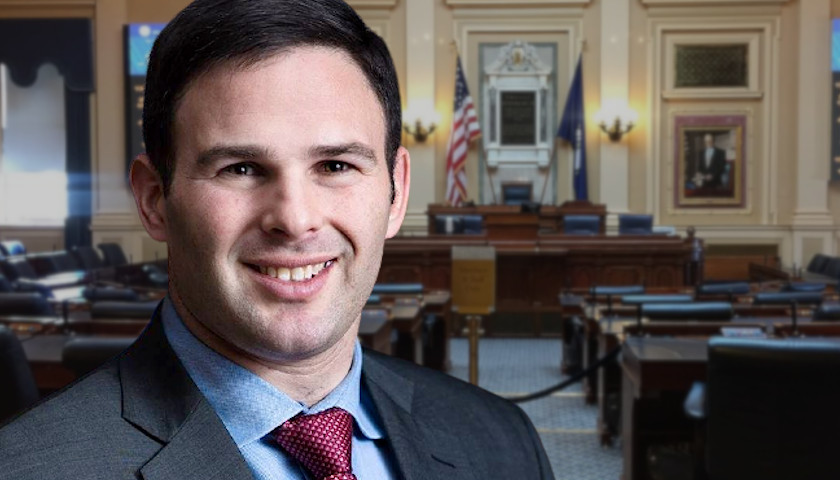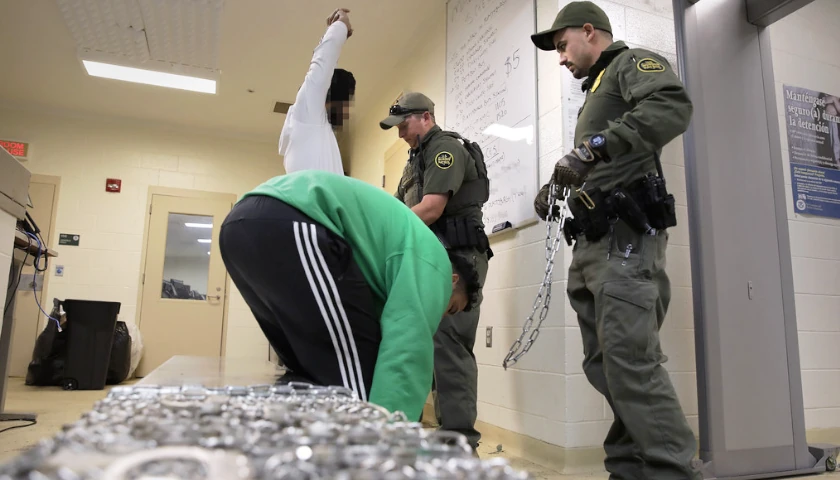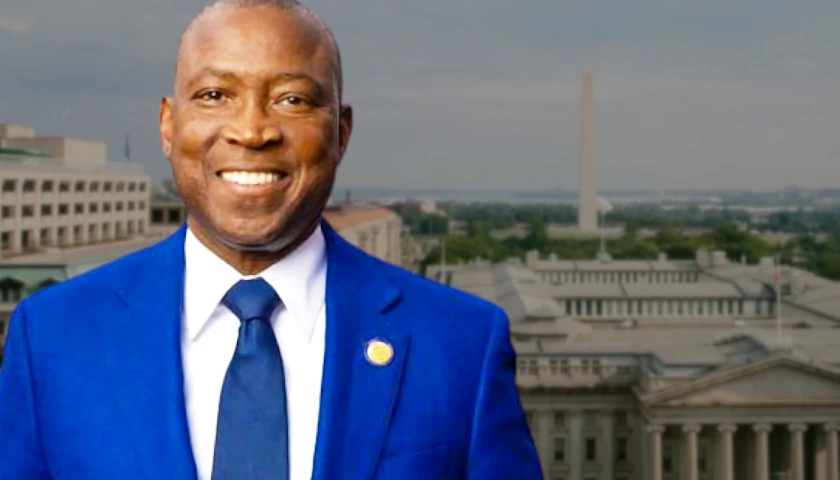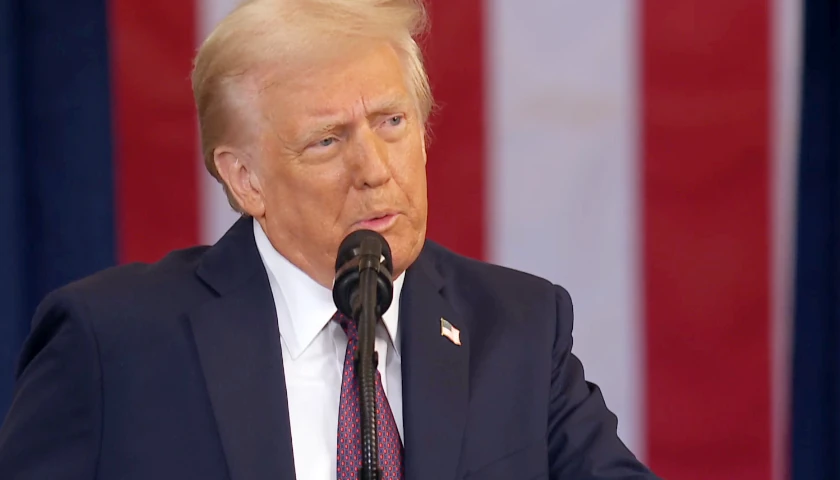The Senate and the House of Delegates passed HB 2020, a bill that, after it goes into effect in 2024, could effectively ban completely in-person nominating conventions like the one the Republican Party of Virginia is planning to hold this year. On Tuesday, the Senate passed their version of the bill, and on Wednesday, the House approved the Senate’s changes. Sponsor Delegate Dan Helmer (D-Check) said the bill isn’t meant to target any specific process, but rather to ban processes that don’t allow legitimate voters to participate.
“This is a bill that ensures that party nomination processes which are recognized by the Commonwealth are accessible to troops, students, people with disabilities, and individuals who might pose a public health threat,” Helmer said in the Senate Privileges and Elections Committee. “Specifically, it allows parties to choose any method of nomination in accordance with their by-laws, but it requires they make that method of nomination accessible. Both major parties have allowed virtual participation with caucuses or conventions in Iowa or New Mexico. Republicans have done it in Kentucky. In Virginia, in the past year, the Fairfax County Democrats had a virtual caucus endorsement process for the town of Virginia.”
The final version of the bill passed the House 53 to 45, opposed by all the House Republicans except Delegate Terry Kilgore (R-Wise) who did not vote. However, in the Senate, the bill received bipartisan support, where it was opposed by only ten Republicans. The bill now requires the Governor’s signature.
On Tuesday, Senator David Suetterlein (R-Roanoke) warned the Senate, “Just so you know what you’re voting on, this will mean that every method of nomination will practically have to be a primary unless it’s a special election. So, your supervisor, who’s usually nominated by a firehouse primary, that would be by state run primary, and it will also now have the benefit of making sure that’s the way it is.”
Senator Jill Vogel (R-Fauquier) replied, “There was reference made to the fact that every nomination would have to be a state-run nominating process and I’d like to clarify that under this bill that would not be the case.”
She continued, “A local nomination could still be a firehouse primary or canvass, so long as everybody has the opportunity to participate equally, in this case, our military or those who are disabled. As long as there’s an opportunity for them to participate in some kind of an absentee ballot, you can still have a firehouse primary or canvass.”
Vogel said she receives lots of emails from constituents who can’t participate in a normal convention because they are too far away.
She said, “We are accountable to all of our constituents who wish to participate.”
– – –
Eric Burk is a reporter at The Virginia Star and the Star News Digital Network. Email tips to [email protected].
Photo “Dan Helmer” by Dan Helmer. Background Photo “House of Delegates” by Antony-22. CC BY-SA 4.0.




